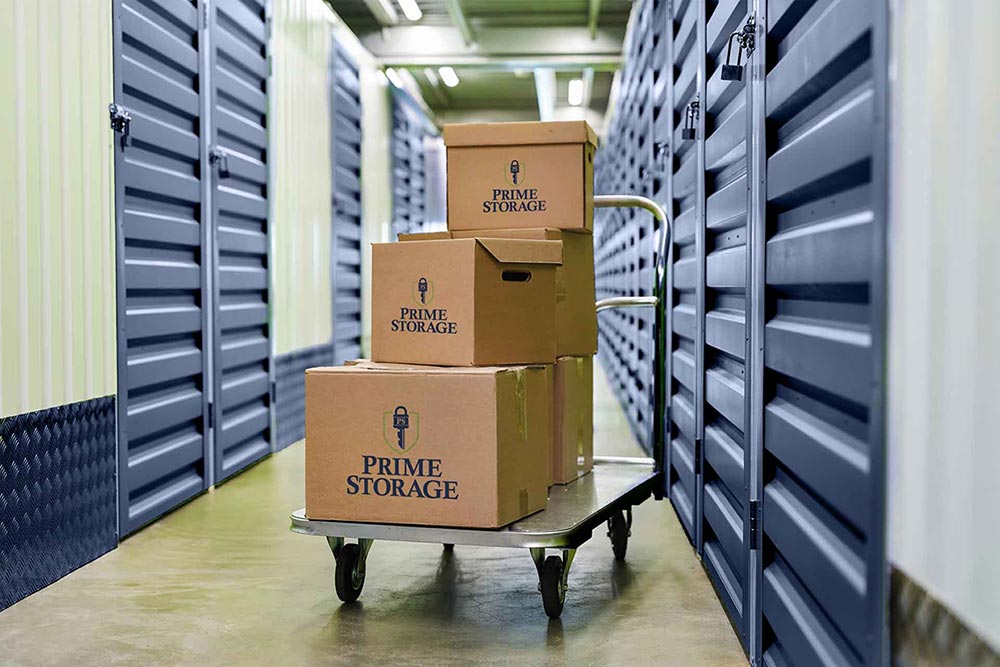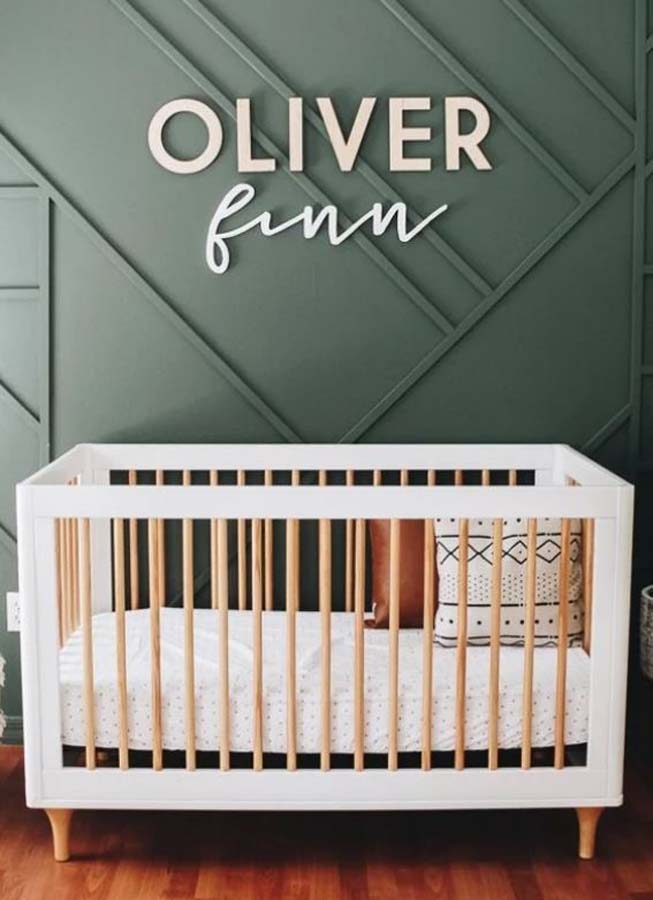
Buying a new home is both exciting and arduous, especially if it’s your first time. Truthfully, it can be very overwhelming. We love viewing a new space and imagining our life in it. But, on the other hand, there are So. Many. Steps. even before you can put an offer in on a home! Getting caught up in the home-buying craze makes it easy to miss important things to look out for, and this is one life event you definitely want to handle the right way. So, we’ve compiled this guide to help you through the process:
Prepare Your Funds
The first step before you can throw out the big bucks is to save up. Use a handy home affordability calculator to estimate how much you can safely spend on a home and still have enough income for groceries and other necessities. A mortgage loan doesn’t cover everything, and a down payment alone can cost a pretty penny. Even if you’re pre-approved for a mortgage with a lower down payment, you may want an extra cushion for any remodeling, moving, or closing costs.
You’ll also want to take whatever steps you can to improve your credit score and pay off any debts. Lenders look to this to determine whether you qualify for a mortgage, which can also affect the interest rate. Having a nest egg or separate account specifically for your mortgage payments or bills is not a bad idea either. A lot of money goes into buying and owning a home, so saving up is a must.

Line Up Your Options
You’ve saved a decent amount, and your credit score is solid. Next up is research. Not so fun, but looking at the different mortgage options available to you is vital. While this can be solidified during the pre-approval process, it’s a good idea to consider a couple of different possibilities that you think will work for you and your income. There are several types of mortgages you can choose from, plus the loan term to consider. Most mortgages are either a 30-year fixed rate or a 15-year loan with higher monthly payments. You should also research first-time buyer assistance programs to see what’s available in your area (or the area you’re moving to) and if you qualify. Most of these programs offer down payment and closing cost assistance, which could save you a big chunk of cash.
One more step is to compare the mortgage rates from different lenders. Some may even offer a program to purchase discount points upfront and reduce the interest rate. Once all your options are on the table and you know what will work best for you, it’s time to select a lender and reach out for a preapproval letter. This is the lender’s offer to loan you a certain amount of money under contracted terms. This letter is needed to buy a home. You can window shop all you want, but sellers won’t take you seriously until this step is complete.
Know What You Need Vs. Want
You’re pre-approved and ready to truly start house hunting. Now, it’s time to figure out where you want to move and what size/kind of house you need if you haven’t already. What’s non-negotiable, and what’s a want? We all have our dream home, but sometimes it’s just not in the immediate budget, and that’s ok. Unless you’re building from the ground up, you often need to compromise on the space you buy. And even then, there are sometimes more limitations like HOA restrictions. Your pre-approval letter will help you limit your spending based on what you can afford in the area you’re looking to move to.
Determine if the area you’re moving to offers what you need regarding education, entertainment, and commute time. You’ll also want to decide whether you’re looking for a fixer-upper, move-in ready, or something in between, as each has its separate expenses. Making a list here can be super helpful. Weigh the pros and cons of all your options. While it’s okay to be interested in more than one home style, you probably don’t want to attend every open house in the area.

Choose Your Fighter Agent
Although you can do it independently, a good real estate agent will help make the house-hunting process run more smoothly. A buying agent will help you navigate the market based on your needs or offer alternatives depending on what’s available. They can also help keep your expectations realistic and prevent you from making impulsive offers outside your budget or the home’s value. An agent is incredibly convenient in competitive areas as they have much more up-to-date listing information than can often be found online. Not to mention, they may also have first-hand knowledge of homes that aren’t yet on the market.
They also act as a liaison between you and the sellers or seller’s agent during the buying and closing process. They can usually refer a lawyer or home inspector if needed too. If you aren’t sure where to start, ask friends and family members who are homeowners for realtor referrals. If you’re moving to a new town, forums and reviews may be helpful places to check.
Inspect Before You Buy
You wouldn’t buy something expensive at a store without first looking at it and maybe even digging up some reviews. The same applies to house hunting. At each house you view, make sure you do a thorough sweep. Inspect for damage, take pictures, and ensure everything works properly. Check all doors, turn on faucets, and flush toilets. No one wants to move into a home and find out the tap water runs brown. Also, ask about the age of the roof, water heater, electrical, and plumbing. These fixes are much more costly than most cosmetic changes and can make or break the decision on whether or not to make an offer. Don’t let anything cosmetic, like the paint color or carpets, deter you from seeing a home for its full potential either.
While you can take advantage of 3D virtual tours to narrow your list of prospective homes, viewing the locations you like in person is best. A computer screen won’t tell you if an area of the house smells and might not pick up on any irregular noises. It’s also essential to hire a home inspector to professionally assess the home after your offer has been accepted. They’ll review the house’s structure for potential issues. You can often pay an extra fee for additional tests, like for pests or radon. If anything is found, you and your realtor can sometimes negotiate with the seller to cover the cost of repairs or reduce the sale price.

Ensure You Insure
After you’ve made an offer and begun the closing process, you’ll want to “hit the books” again and research homeowner’s insurance. All lenders require this, and you can’t close on a home without it. Homeowner’s insurance covers the cost to repair or replace your home in the event of a disaster that is covered within the policy. You’ll want to make sure you read the fine print here. And, like with mortgage shopping, you’ll want to see where you can get the best bang for your buck. Often you can work with a third-party agency to find which policy and company will give you the best offer. If you’ve already got car insurance, check with your current insurance company to see if they offer an umbrella policy. This can save you even more money in the long run.
The end is in sight now that these steps are out of the way! The final stages include getting an appraisal and title insurance, signing off on the mortgage, doing the final walkthrough, and reading and signing the closing paperwork once a closing date is set. If you thought there was already too much paperwork, you’re in for a treat. So much goes into buying a house. It can be intimidating and stressful and requires a lot of patience. But it’s worth it to have your own long-term space or a space for your family, especially when done right.
And when it’s time to move into your new home, Prime Storage is here for you. Check out your local facility if you need to store any moving boxes or furniture before the keys are in your hand, if you need to take care of some renovations, or if you want to keep any seasonal gear out of the way.





